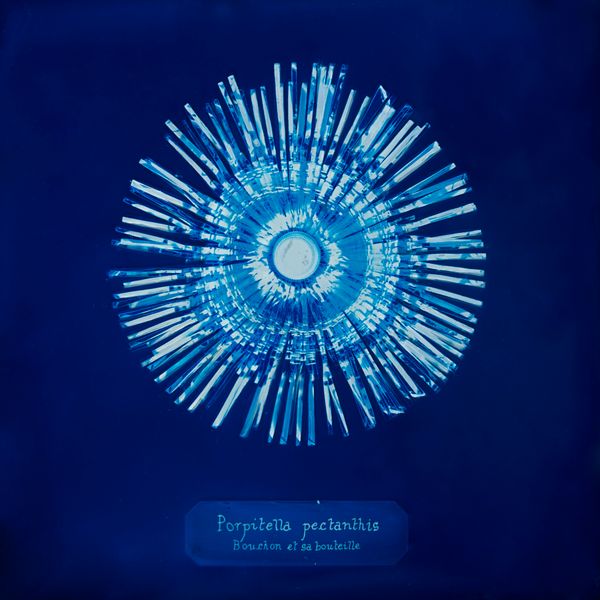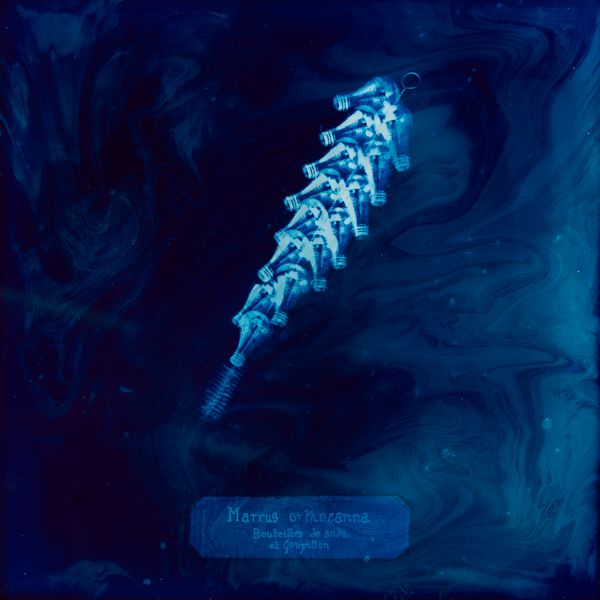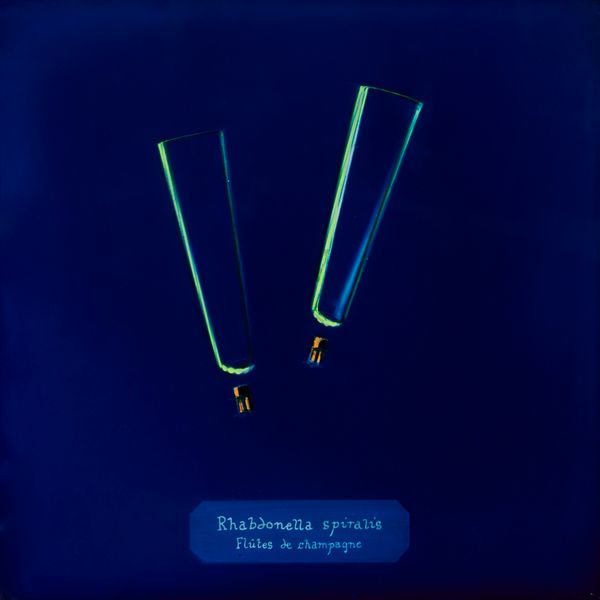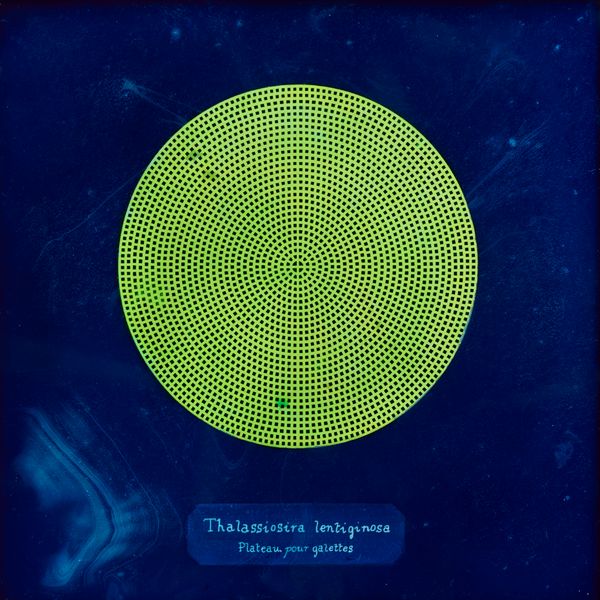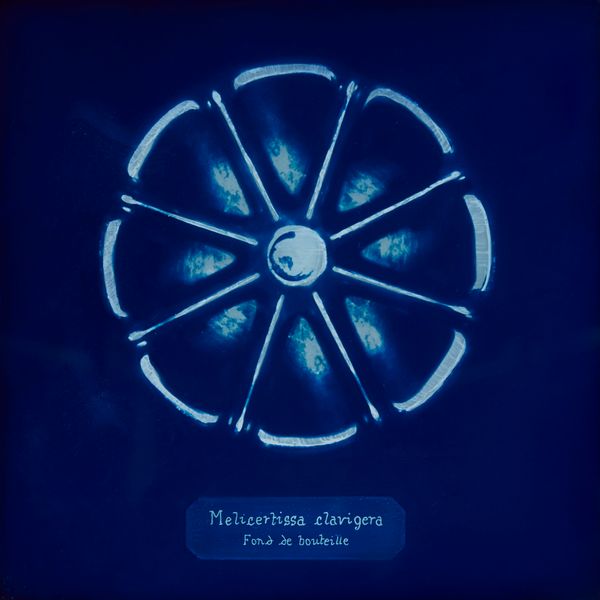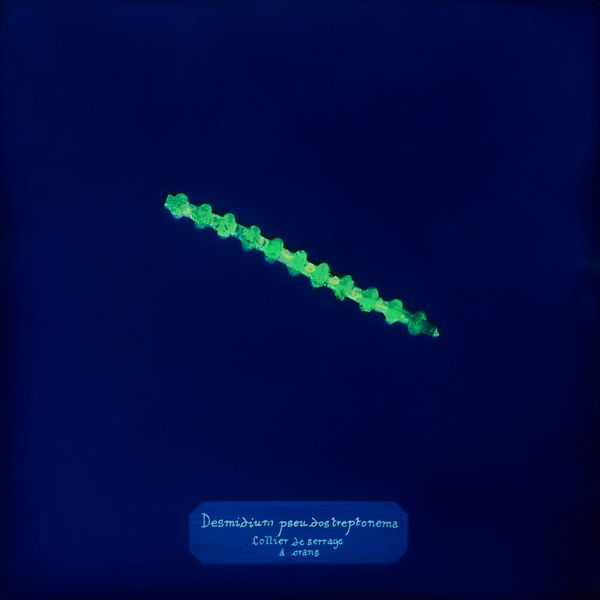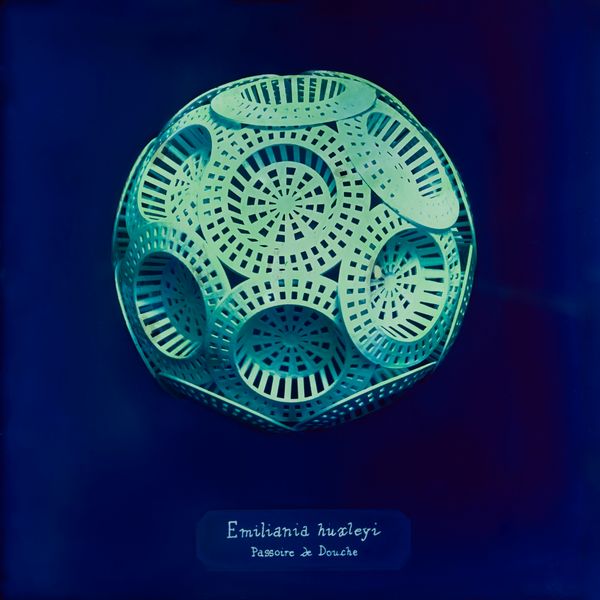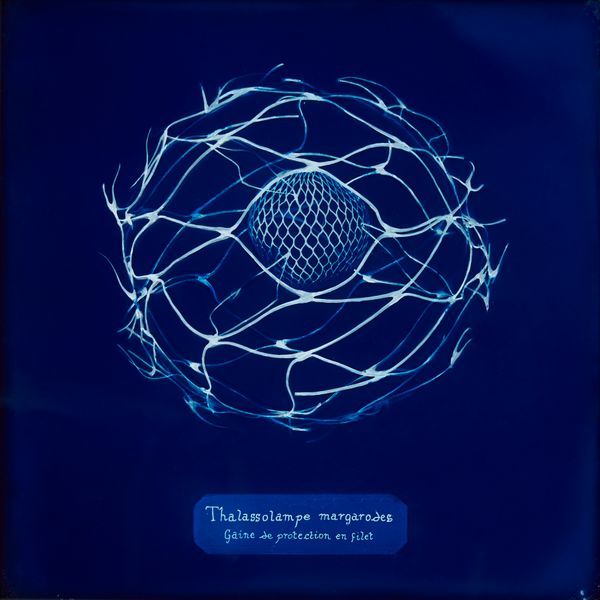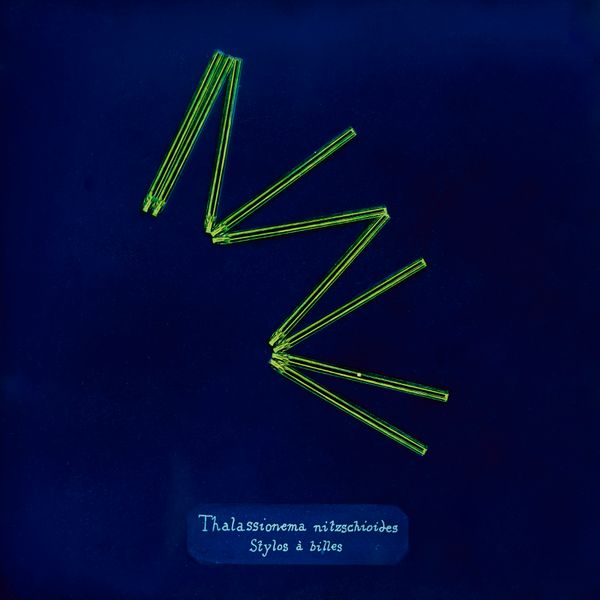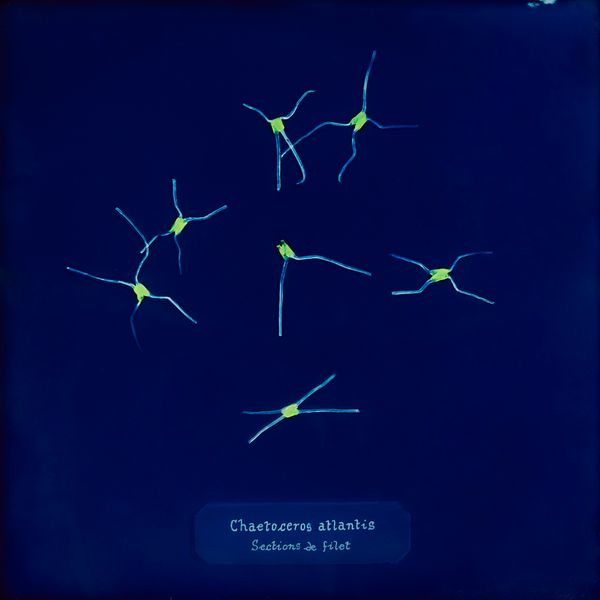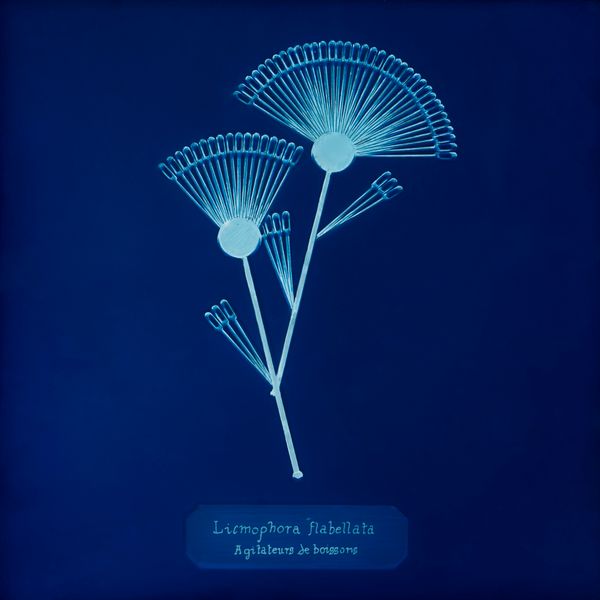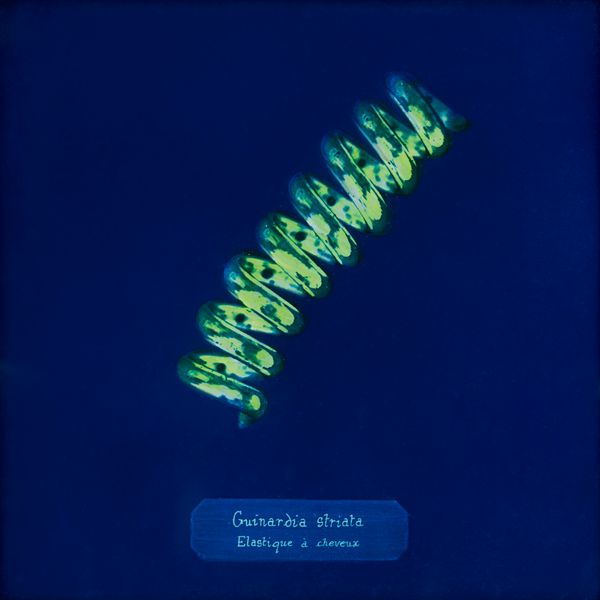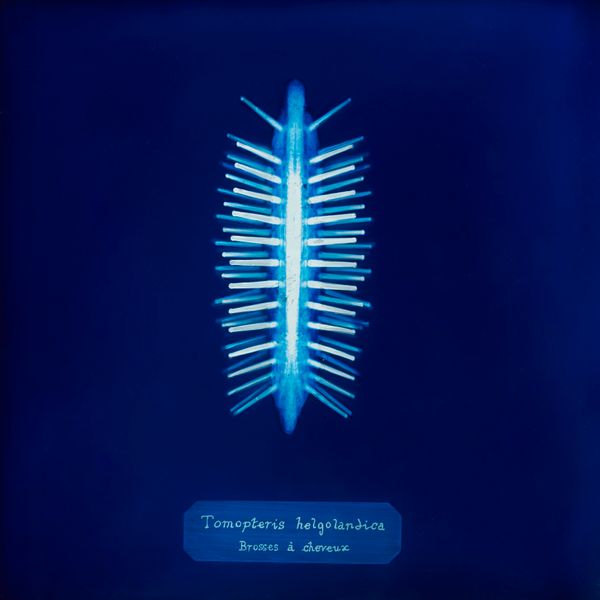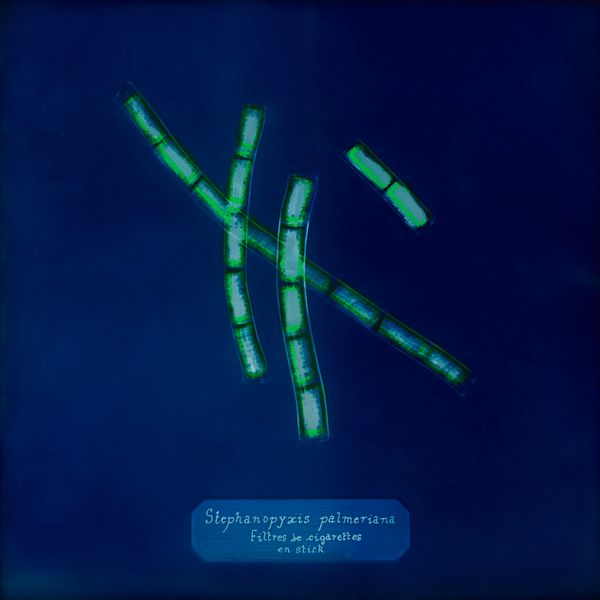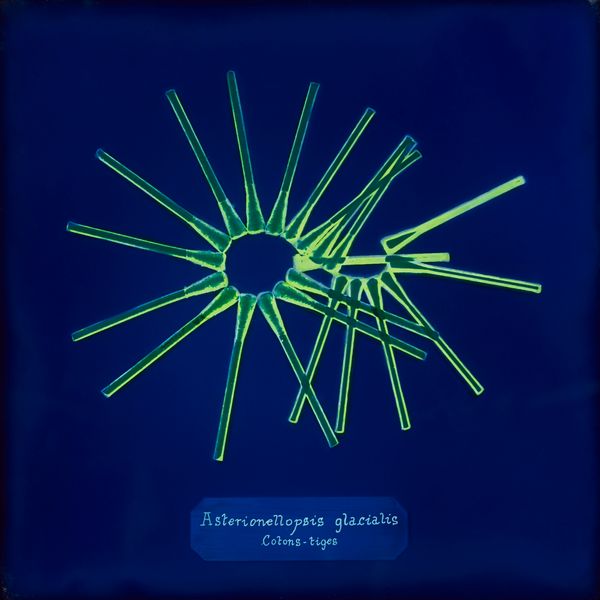"The particules, the human tale of a dying water"
-
Dates2022 - Ongoing
-
Author
While man found in water the naturally pure matter, we are now facing the crisis of the «impurity» of the oceans. The ocean, the cradle of our life, is slowly being transformed into a tomb for man, who will not survive on a planet with dying water. This natural beauty, tarnished by man, is gradually being transformed into an outlet for all kinds of waste. Assimilating so many substances, it absorbs all the colours, smells and flavours that man pours into it.
Eight million tonnes of plastic are dumped into the ocean every year, and at this rate, without any real action on our part, the amount of plastic in the ocean is expected to triple by 2050. According to the UN, there would be more plastic waste in the sea than fish. The plastics, which break down into smaller and smaller particles, form microplastics, which due to their very small size, slip through the nets and unfortunately cannot be retrieved. We are facing a frenzy of activity of underwater life being suffocated by plastic, a new "vegetation" of nightmares.
“The Particles” will then enter the immobile layer of the waters, to lift the shroud over the invisible beings, and to plunge the spectator into an abyss of reflection.
With the creative image, I offer a new form to the destroyed world of tomorrow by reinventing its structure: plastic materials become the new representative form of microbiomes and plankton. Through the game of mimesis, I replace the real and anticipate a future through a projective image. Plastic waste, recovered from beaches and bins, allows me to reproduce these underwater species using a scientific and documentary approach, frontally on a cyanotype background. Using the orotone technique, I apply fluorescent paint on a second glass plate on the emulsion side. The use of fluorescent paint is here to recall the fluorescent protein of certain organisms. We are entering a psychedelic delirium: the tentacles ignite, the jellyfish light up... Inspired by Anna Atkins’ “British Algae” herbarium, or Ernst Haeckel’s sublime plates on “The Artistic Forms of Nature”, these productions are a dialectical tension between the sublime and the derisory of a nature damaged by the hand of man.
A search for analogies between the material used and the form is developed: the emiliania huxleyi becomes a cluster of shower sieves, the guinardia striata a simple elastic hair tie, the fragilaria made of cotton stems, the chaulera lentillifera of plastic beads/polystyrene or the physalie - sculpted of plastic bags and nylon threads.
This sort of apocalyptic prophecy shows a sublimated seascape, deliberately too soft, too artificial, "nowhere does fresh nature breathe" (G. Bachelard). By examining with an attentive eye, the viewer discovers little by little a repulsive whole and realises the deception he is facing. Like water splashed on the face, “The Particles” wishes to awaken this energy of seeing, transforming the gaze into a clear and easy action leading to a real awareness.
